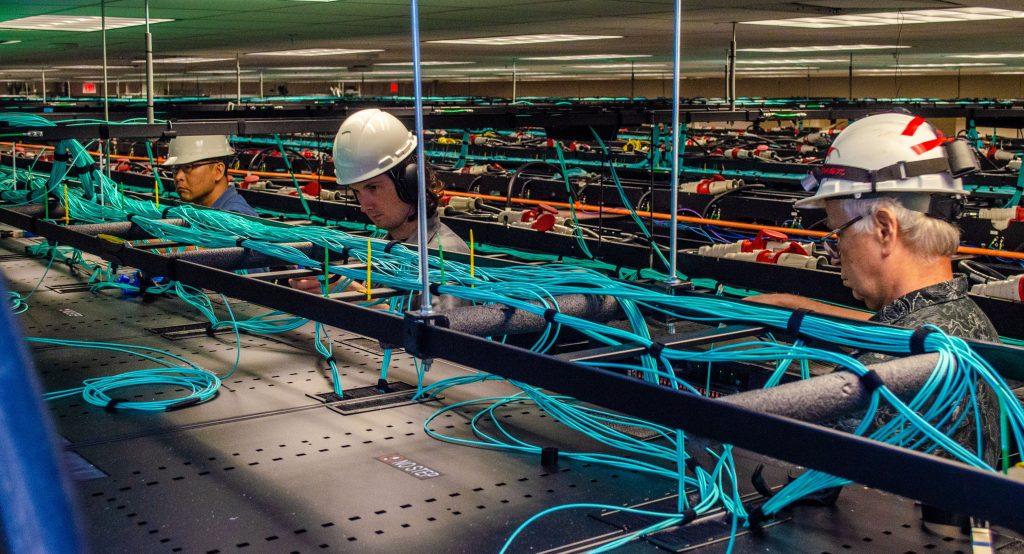
$5 Million in NSF Funding Will Allow PSC to Provide Data-Intensive Computing and Data Mirroring to TACC-Led, Distributed System
It’s a high performance computing system so large and powerful that it will take five supercomputing centers to build and run it!
Today the National Science Foundation (NSF) announced it has begun construction of the Leadership-Class Computing Facility (LCCF), a mammoth supercomputing system that will open up new opportunities in computer simulation, artificial intelligence, and data analytics in transformational science and engineering research.
The distributed computing facility, anchored by the new Horizon computer at the Texas Advanced Computing Center, will be the largest in the NSF’s ecosystem. Thanks to $5 million in NSF funding PSC, a joint center of Carnegie Mellon University and the University of Pittsburgh, is one of four Distributed Science Centers that will leverage expertise across the broader cyberinfrastructure ecosystem and provide critical edge computing services to the LCCF user community. PSC’s role will be to provide data-intensive computing and data mirrors for published archives, a method for copying data in real time so that a perfect backup copy always exists for security and disaster-recovery purposes.
